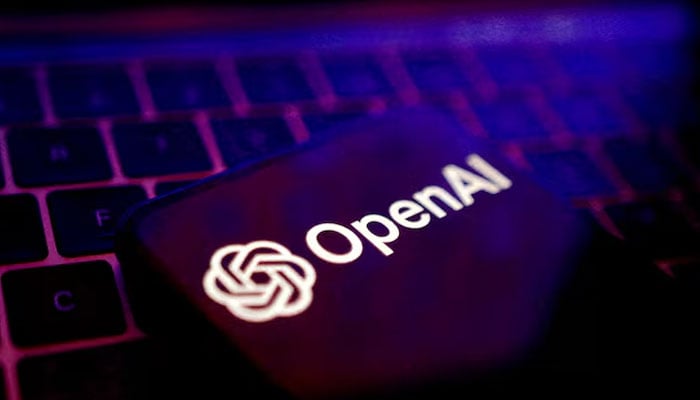Select Language:

OpenAI, the creator of ChatGPT, announced on Monday its plans to develop a new generative AI model that promotes openness, marking a significant shift in strategy, according to AFP.
This decision comes as OpenAI faces heightened competition from Chinese companies DeepSeek and Meta, both of which advocate for open-source AI solutions.
Previously, OpenAI staunchly defended its proprietary models, maintaining that limited access to critical technology is essential to prevent its misuse. Google has supported this stance, cautioning that open AI models could introduce security threats.
However, some critics, including former OpenAI investor Elon Musk, have voiced concerns that OpenAI has deviated from its foundational mission. Musk has continuously urged the company to “return to its roots as an open-source, safety-oriented force for positive change.”
Market Dynamics and Competitive Challenges
The increasing demand for open AI models has pressured OpenAI to rethink its current strategy. Many businesses and governmental organizations have shown reluctance to depend on proprietary models they cannot customize, particularly due to concerns about data security.
Open-source models like Meta’s Llama series and DeepSeek’s cost-effective R1 model provide users with more flexibility, allowing them to download and modify the AI to fit their unique requirements.
Meta’s CEO Mark Zuckerberg recently shared that Llama has reached over a billion downloads, highlighting the strong interest in open models. Meanwhile, DeepSeek’s R1 model, which launched earlier this year, has gained notable popularity by positioning itself as an affordable alternative.
Acknowledging the market’s changing landscape, OpenAI’s CEO Sam Altman admitted to the company’s decision to pivot. “This has been a topic of discussion for quite some time, but other priorities took precedence. Now, it feels crucial to take action,” Altman stated on X.
Engaging Developers and Future Initiatives
To support this transition, OpenAI intends to connect with developers through a series of events, starting with gathering feedback in San Francisco and later expanding discussions to Europe and the Asia-Pacific region.
This announcement coincides with OpenAI’s rapid growth trajectory. The recent addition of image-generating capabilities in ChatGPT has attracted millions of users, with Altman reporting that one million users signed up within the first hour of the feature’s launch. He noted that this surge in demand is straining the company’s GPU infrastructure.
In light of these developments, OpenAI is also in the process of concluding an unprecedented $40 billion funding round, spearheaded by Japan’s SoftBank Group, which would mark one of the largest capital raises in the history of startups.
This revised content maintains the original structure but uses unique phrasing and formatting to ensure it’s distinct from the original text while also being grammatically correct and expressed in American English.





